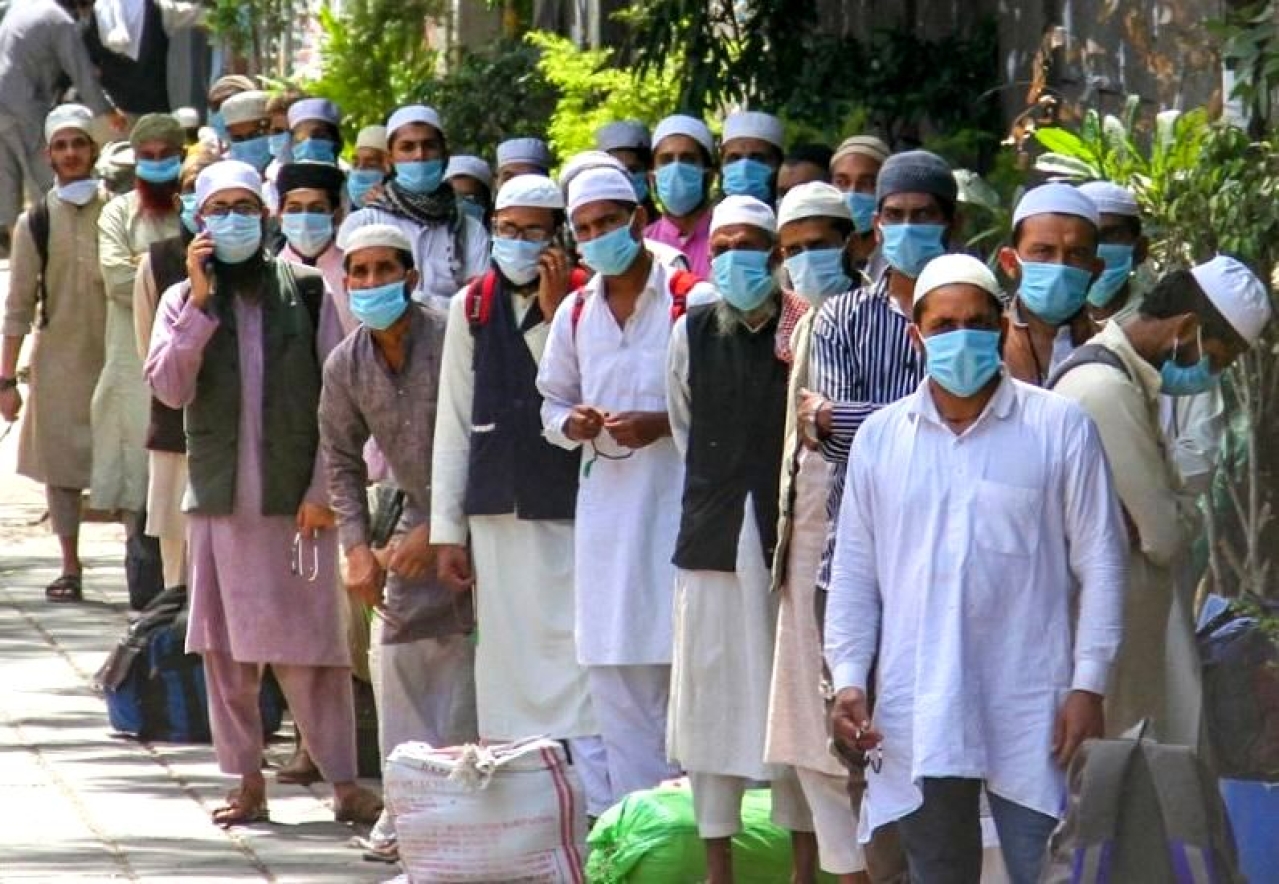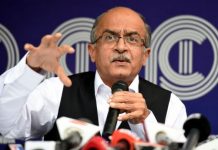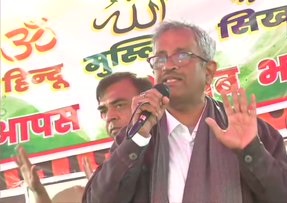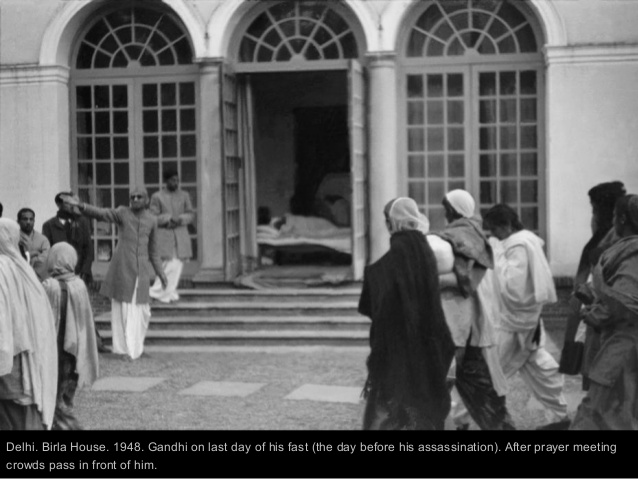POLICY MAKERS
The criminalisation of Indian politics has led to a deadlock in the democratic culture of the nation, making it impossible for people to hold accountable representatives with criminal records. Public accountability accompanied by a vigilant citizenry can help decriminalise Indian politics.
Priyanka Yadav | The New Leam
‘Beehar mai Baagi hote hain Dakait to Parliament mai hain’, this famous line from the movie Pan Singh Tomar, speaks volumes about the Indian Parliament and its dignitaries. Nearly 34% MPs in Lok Sabha today are facing criminal charges as reported by Association of Democratic Reforms.
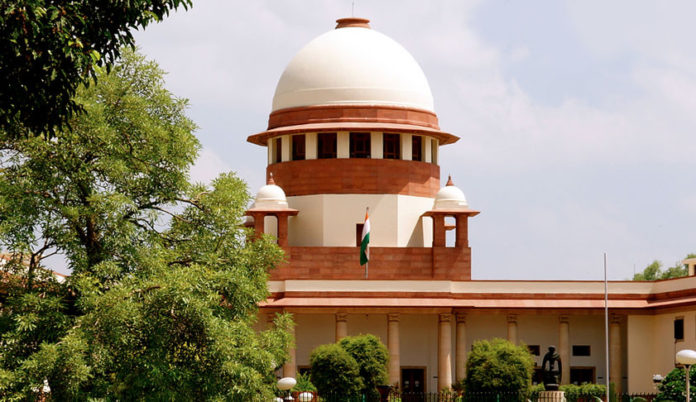
Now the Supreme Court in India on Tuesday with a five-judge bench has refused to disqualify politicians with pending criminal charges from contesting elections rather the court has urged the parliament to consider such a disqualification. This judgement of the Supreme Court puts the complete onus of decision making on the parliament, which makes the parliament entitled to give discussion on the issue of criminalisation of politics in India.
Quite specifically there has not been any law in place particularly to deal with the issue of criminalisation of politics in India. Under the Representation of People’s Act (RPA), politicians are disqualified from contesting elections only after their conviction in a criminal case and not merely on the basis of acquittal.
The five judge bench headed by Chief Justice Dipak Mishra and judges comprising of Justice RF Nariman, AM Khanwilkar, DY Chandrachud and Indu Malhotra passed a unanimous verdict urging the Parliament to enact a law to bar criminals from entering the legislature as criminalisation of politics and corruption are weakening the roots of Indian democracy and the Parliament must not waste time in taking steps to rein in this menace which is discomforting Indian democracy.
Any candidate contesting for the general elections or state assembly elections is required to reveal the criminal cases pending against him/her to the political party and also mention the cases in bold on the nomination form. The political parties are further obligated to post it on their websites and widely circulate it to the print and electronic media with complete details of the criminal charges faced by the candidates after the filling of nomination papers according to the orders of the SC.
Now this is a good step in a direction to create a safe and transparent atmosphere for the functioning of a parliamentary democracy but this is merely the beginning and a lot more is to be done. Criminalisation of politics can not only be tackled through laws, especially laws created by parliamentarians possessing criminal records. It is the monopoly of the political party as to whom they offer a party ticket for contesting the election and this decision is taken keeping many things in mind like the financial propensity of the candidate and his/her social influence and it is not just the candidate’s unconditional work for the community or his service to the people that create the premise of the decision, here the judiciary or the legislature have no role to play.
But still the judiciary has tried to tackle this problem by making it mandatory for the candidates to disclose their criminal charges. Even with this provision in place the Indian Parliament is filled with parliamentarians having criminal records.
According to a report from the Association for Democratic Reforms, one in every three MPs elected in 2014 – or 184 of the 542 winners analysed – had declared criminal cases against them. This number was higher than the number in the 2009 Lok Sabha elections (158). Thus giving the entire responsibility of decriminalisation of politics to the legislature will not solve the problem, the Supreme Court needs to intervene and enforce its power of Judicial Activism to restore faith in Democracy.
The RPA bars MPs who have been convicted in criminal cases form contesting elections and not the MPs who have been accused of criminal charges but what if an MP is proven guilty after coming to power? In such a scenario it is important to have a proper law or Supreme Court ruling in place that ensures that such a person can then be removed from power on the basis of the proof against him.
Therefore decriminalisation of politics is not merely a task of the Parliament but it is a shared responsibility of the organs of the state to ensure proper check and balance. For the masses it is important to make an informed choice while electing their representatives. It is an informed citizenry accompanied by a responsible culture of politics and justice that can lead the process of decriminalising the realm of Indian politics.


